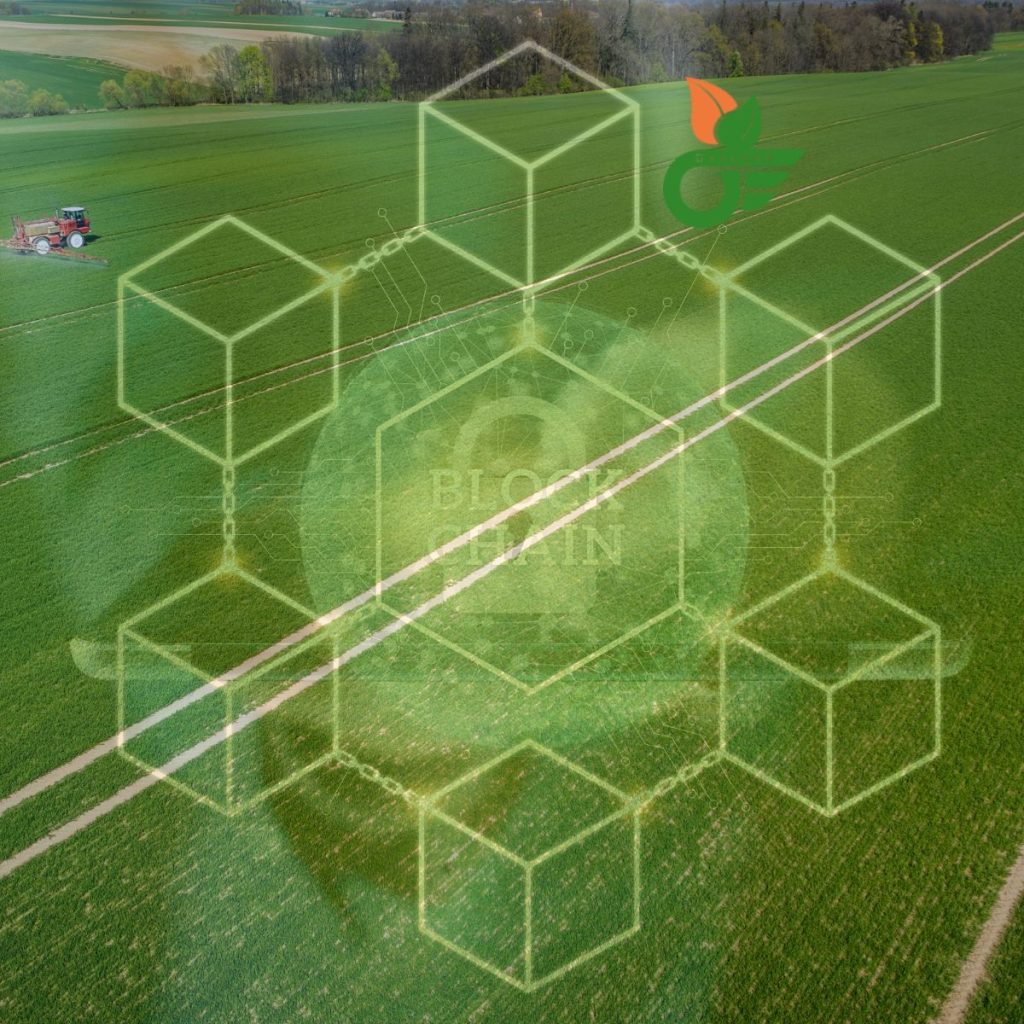Introduction
The agriculture industry plays a crucial role in feeding the world’s growing population. However, the industry faces numerous challenges, including food fraud, supply chain inefficiencies, and lack of transparency. Blockchain technology offers a transformative solution by providing a decentralized and immutable ledger that ensures transparency, traceability, and efficiency throughout the agricultural supply chain. In this article, we will explore the potential of blockchain in driving adoption and revolutionizing operations in the agriculture industry.
1. Understanding Blockchain Technology
Blockchain is a distributed ledger technology that enables secure and transparent transactions. It operates as a decentralized database, where each transaction, or “block,” is cryptographically linked to the previous block, forming an immutable chain of information. This technology eliminates the need for intermediaries and provides a trusted and transparent system for recording and verifying transactions.
2. Benefits of Blockchain in Agriculture
Blockchain adoption in the agriculture industry offers several key benefits:
2.1 Transparency and Traceability
Blockchain provides a transparent and immutable record of transactions, enabling stakeholders to trace the origin and journey of agricultural products. This transparency promotes accountability, reduces the risk of fraud, and enhances consumer trust.
2.2 Supply Chain Efficiency
By digitizing and automating supply chain processes, blockchain streamlines operations, reduces paperwork, and minimizes delays. Real-time visibility and smart contract capabilities enable seamless collaboration among farmers, suppliers, distributors, and retailers.
2.3 Enhanced Food Safety
Blockchain enables real-time monitoring and verification of food safety measures throughout the supply chain. With a secure and immutable record of data, stakeholders can quickly identify and address food safety issues, minimizing the risk of contamination or outbreaks.
2.4 Farmer Empowerment
Blockchain empowers farmers by providing them with direct access to markets, fair pricing, and secure payment systems. Through decentralized platforms, farmers can negotiate directly with buyers, eliminating intermediaries and ensuring fair compensation.
3. Transparency and Traceability
Blockchain ensures transparency and traceability in agricultural operations. Each transaction recorded on the blockchain is visible to all participants, creating an auditable and tamper-proof record. This transparency allows consumers to make informed choices and supports sustainability efforts by promoting ethical sourcing and reducing environmental impact.
4. Supply Chain Efficiency
Blockchain improves supply chain efficiency by eliminating manual processes, reducing paperwork, and automating tasks. Smart contracts enable automated verification and execution of agreements, facilitating seamless coordination among different stakeholders. Real-time tracking of products enhances inventory management, reduces waste, and enables proactive decision-making.
5. Enhanced Food Safety
Food safety is a top priority in the agriculture industry. With blockchain, stakeholders can easily trace the origin, production methods, and distribution of agricultural products. In case of contamination or quality issues, blockchain enables swift identification and targeted recalls, minimizing the impact on public health.
6. Farmer Empowerment
Blockchain technology empowers farmers by providing them with direct access to markets and fairer compensation. Through decentralized platforms, farmers can negotiate prices, connect with buyers globally, and receive secure and timely payments. This direct interaction eliminates middlemen and ensures a more equitable distribution of profits.
7. Challenges and Future Opportunities
While blockchain holds great promise for the agriculture industry, there are challenges to overcome. These include scalability, interoperability, and the need for education and awareness among stakeholders. However, as the technology evolves and more organizations embrace blockchain, the industry can unlock new opportunities for collaboration, innovation, and sustainable growth.
8. FAQs (Frequently Asked Questions)
How does blockchain ensure the integrity of agricultural data?
A: Blockchain’s decentralized and immutable nature ensures that data recorded on the blockchain cannot be altered or tampered with, enhancing the integrity and reliability of agricultural data.
Can small-scale farmers benefit from blockchain adoption?
A: Yes, blockchain adoption can benefit small-scale farmers by providing them with access to fair markets, reducing dependency on intermediaries, and enhancing transparency in transactions.
How does blockchain technology promote sustainability in agriculture?
A: By enabling traceability, transparency, and efficient supply chain management, blockchain technology supports sustainability efforts by promoting ethical sourcing, reducing food waste, and minimizing environmental impact.
Is blockchain adoption expensive for agricultural organizations?
A: While blockchain implementation may require initial investment, the long-term benefits, such as improved efficiency, reduced costs, and enhanced trust, outweigh the initial expenses.
Can blockchain technology be used to address food fraud?
Yes, blockchain provides a transparent and immutable record of transactions, making it easier to detect and prevent food fraud by ensuring the authenticity and traceability of agricultural products.
How does blockchain empower consumers in the agriculture industry?
A: Blockchain allows consumers to verify the authenticity and quality of agricultural products, empowering them to make informed choices and support ethical and sustainable practices.
9. Conclusion
Blockchain technology has the potential to revolutionize the agriculture industry by enhancing transparency, traceability, and efficiency in operations. With its ability to promote trust, sustainability, and fair compensation for farmers, blockchain adoption holds immense promise for driving positive change. As organizations embrace this transformative technology, the agriculture industry can unlock new opportunities for growth, collaboration, and a more sustainable future.


